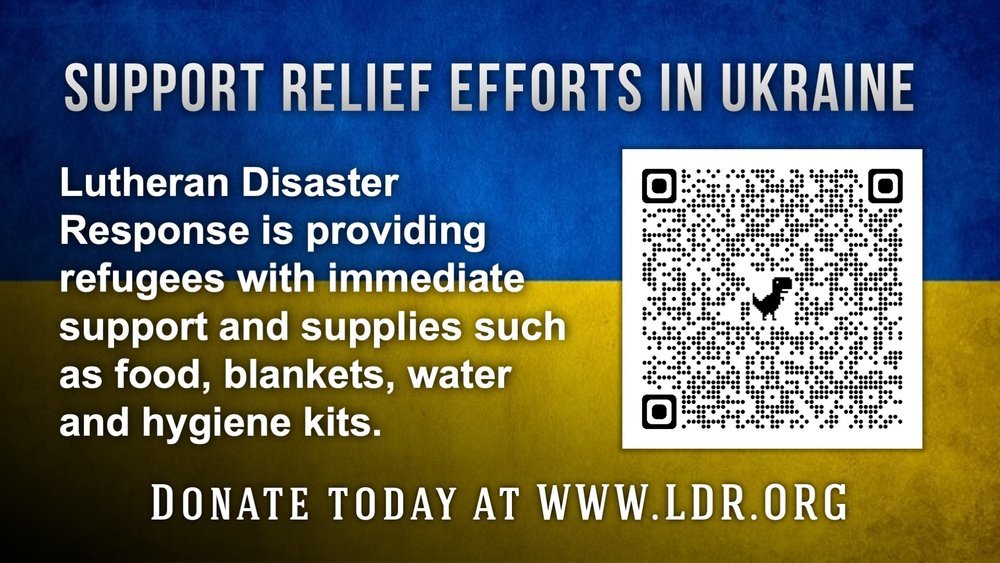initially released March 18, 2022
As a community, we believe that God’s love is nearest to us in our struggles and our suffering. This takes shape and form often in the ways we support and uphold each other – in real, tangible ways like feeding the hungry, sheltering those without homes, getting clothes and medical supplies to those in need. And working for a true and lasting peace.
The war in Ukraine is devastating lives, families and communities. Thousands of miles away, we can feel helpless to do anything that makes a difference. But there are tangible ways we can provide support and love.
Pray for peace. We trust in God to be near the brokenhearted, including our siblings in Ukraine. Prayer shapes our hearts and minds and our actions toward generosity and care. This makes a difference as we seek to be peacemakers in our part of the world.
As you are able, give financially to Lutheran Disaster Response. There are many organizations out there doing vital work, but here is one we vetted and highly recommend. You’ll find a QR code to the right as well as a link to their website. One of the great gifts of being part of a larger denomination (ELCA), is that we have long-standing relationships on both a national and global level.
Already, the ELCA has relationships with churches and other partners on the ground in Ukraine and in its neighboring countries. Because Lutheran Disaster Response is a ministry of the ELCA, the costs of staffing and other administrative needs are covered by the church, so 100% of your donation goes to those working on the ground.
Lutheran Disaster Response collaborates with local churches and ecumenical partners to offer humanitarian relief for those impacted by the unfolding crises in Ukraine. This means that refugees and internally displaced persons in Ukraine are supported with emergency non-food items such as beds, mattresses, blankets, linens, food, hygiene items, and dignity kits. The churches are coordinating protection and safeguarding of vulnerable individuals and groups, psychosocial care and pastoral support. The churches are coordinating to provide transportation for people from the border, temporary housing, food, and water. Our donations go to the work in these churches.
Again, this aid has all moved forward rapidly, because the ELCA already had these relationships and connections with the churches on the ground in Poland, Slovakia, Hungary, and Romania. By working with already established capacity and leadership, it has been possible to quickly adapt to a rapidly changing situation. This ability to adapt to the needs of the moment is a crucial element to effective support as this time of crisis in Eastern Europe continues.
Lutheran Disaster Response is well aware of the long-term impact of this violence, and is committed to continue doing what they do as this unfolds in months, even years to come. They also write:
“We are called and call others to remember, that the life we have together in Christ and the worldwide connection of churches is something strikingly important in this time of estrangement. For many in Russia and Ukraine, the challenge of this time is unfathomable to us. The prayer for peace and the drive toward fellowship with those in Russia and Ukraine, which were transformative in previous times of conflict are of paramount importance now. We continue to pray for the Lutheran community, all of Christ’s followers, all people of faith, and the whole of the nations of Russia and Ukraine.”
Scripture reminds us that we are one body, and when one part of the body suffers, we all suffer. As we pray for peace in Ukraine and the ceasing of violence by Russian leadership, we join in offering all we can to make a much-needed difference right now.
Thank you to Salt House Church for gathering and sharing this information in its original form

